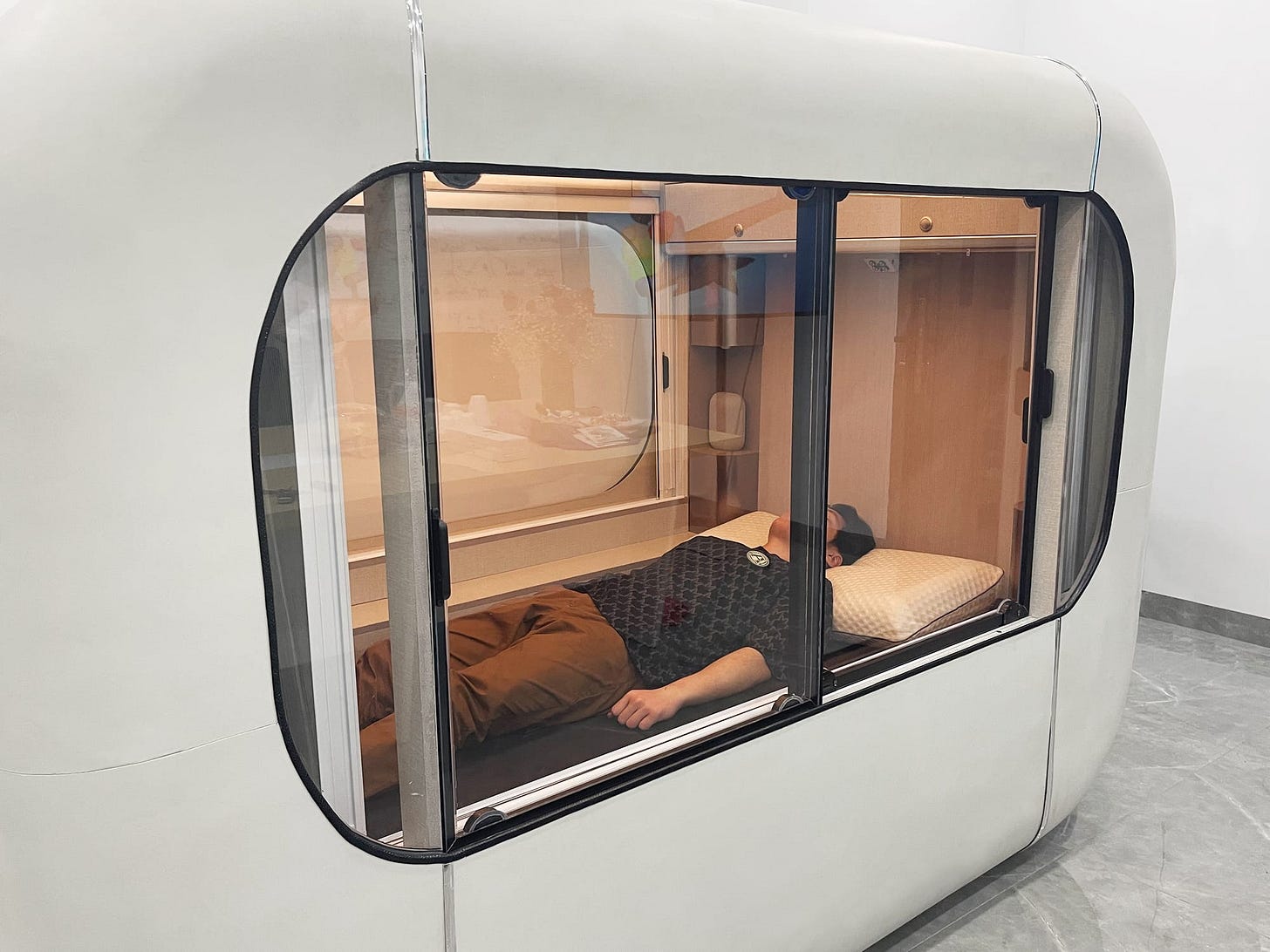Exploring Sleeptech: Technology To Enhance Sleep

Sleep Tech involves using tech to help improve our nightly shut-eye. Despite the area’s relative youth, it’s rapidly growing and so it’s worth understanding how the industry works.
Types of Sleep Tech
Sleep tech can be broadly categorized into several types, each aimed at addressing different aspects of sleep health:
Wearables and Trackers: Devices like smartwatches and fitness bands that monitor sleep patterns, including duration, quality, and sleep stages (light, deep, REM sleep). They often use sensors to detect movement and heart rate to provide insights into sleep cycles.
Smart Beds and Mattresses: These are designed to enhance comfort through customizable firmness settings, temperature control, and even automatic adjustments based on sleep position. Some smart beds can also track sleep data and offer insights for improvement.
Sleep Apps: Mobile applications that offer features such as sleep tracking, guided meditation, and sounds or stories to help users fall asleep. They range from simple noise machines to sophisticated apps that analyze sleep quality and provide personalized recommendations.
Lighting Solutions: Products that adjust the color and intensity of light in your environment to support your natural circadian rhythm. This includes smart bulbs that simulate sunrise and sunset, and glasses that block blue light from screens.
Sleep Apnea Devices: Specialized medical devices designed for individuals with sleep apnea, such as CPAP (Continuous Positive Airway Pressure) machines. These devices ensure the airway remains open during sleep, preventing breathing interruptions.
Benefits of Sleep Tech
The primary benefit of sleep tech is the improvement of sleep quality, which can have a profound impact on various aspects of health and daily life:
Enhanced Sleep Quality: By monitoring sleep patterns and providing personalized insights, sleep tech can help individuals understand and improve their sleep habits.
Increased Awareness: Sleep tech raises awareness about the importance of sleep and its impact on health, encouraging users to prioritize sleep in their daily routines.
Personalized Recommendations: Many sleep tech devices offer customized advice based on the data they collect, allowing for a tailored approach to improving sleep.
Convenience: The integration of sleep tech into everyday items like beds and smartphones makes it easy to incorporate into daily life.
Future Directions
As technology advances, the future of sleep tech looks promising, with potential developments including:
More Accurate Data Collection: Improvements in sensor technology and data analysis could provide even more precise insights into sleep patterns and quality.
Integration with Health Platforms: Greater integration with other health and fitness platforms could offer a holistic view of an individual's well-being.
Advanced Personalization: AI and machine learning could enable sleep tech to offer highly personalized recommendations, potentially even predicting sleep disturbances before they occur.
Innovative Sleep Solutions: New types of sleep tech, such as wearable cooling devices or sound wave therapy, could offer novel approaches to improving sleep.
Conclusion
Sleep tech represents a significant step forward in understanding and improving sleep. By leveraging technology, individuals can gain insights into their sleep patterns, make informed changes to their sleep habits, and ultimately enhance their overall health and well-being. As the field of sleep tech continues to evolve, it holds the promise of even more innovative solutions to common sleep challenges, making restful nights more accessible to everyone.

